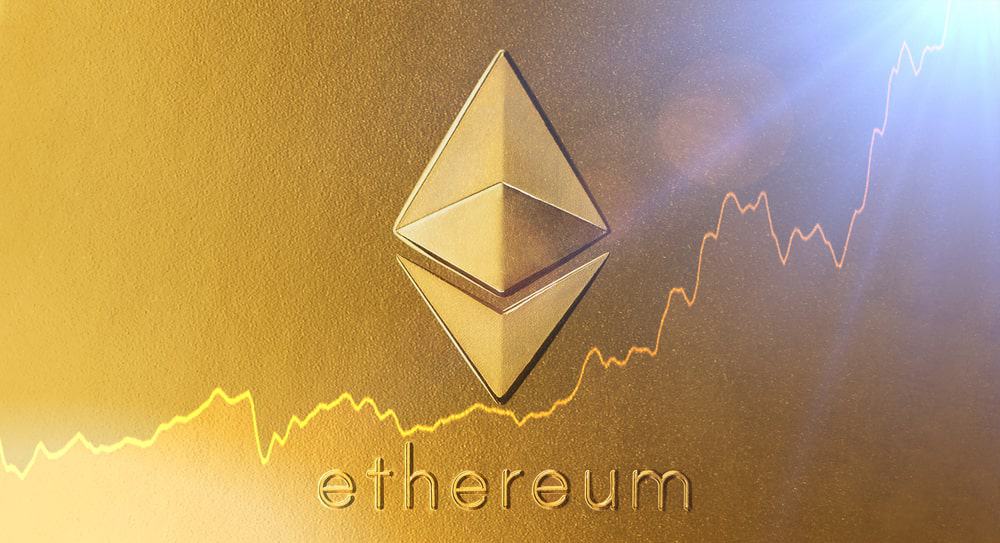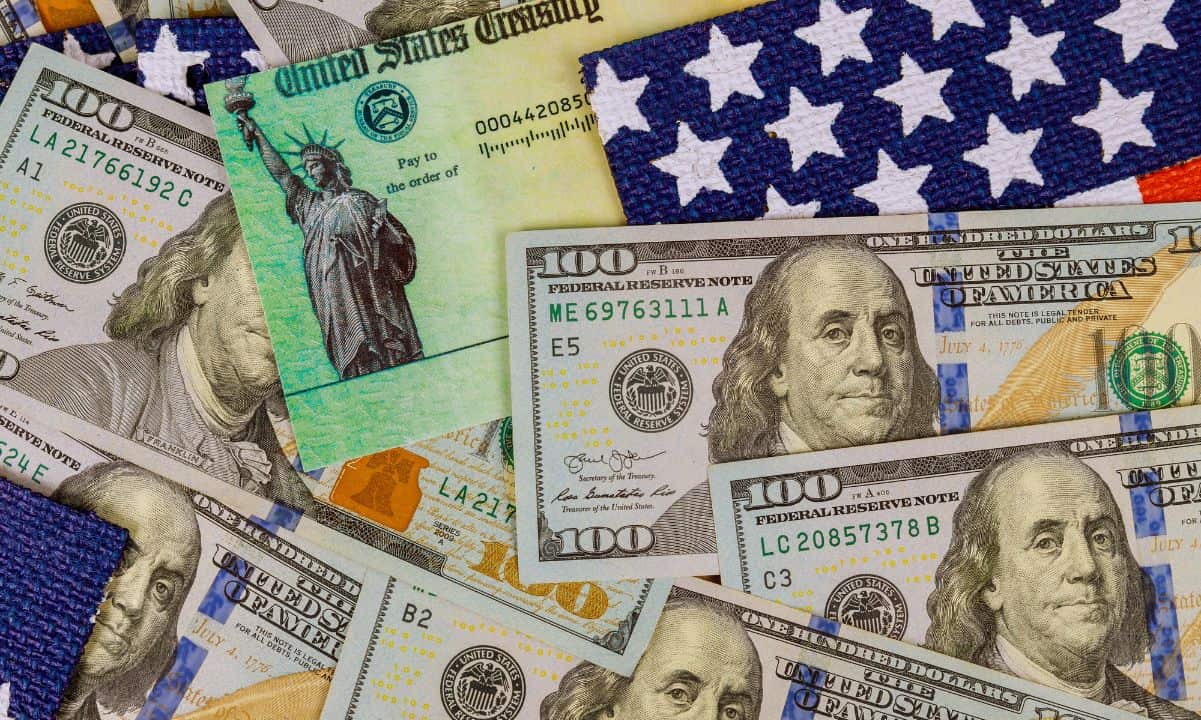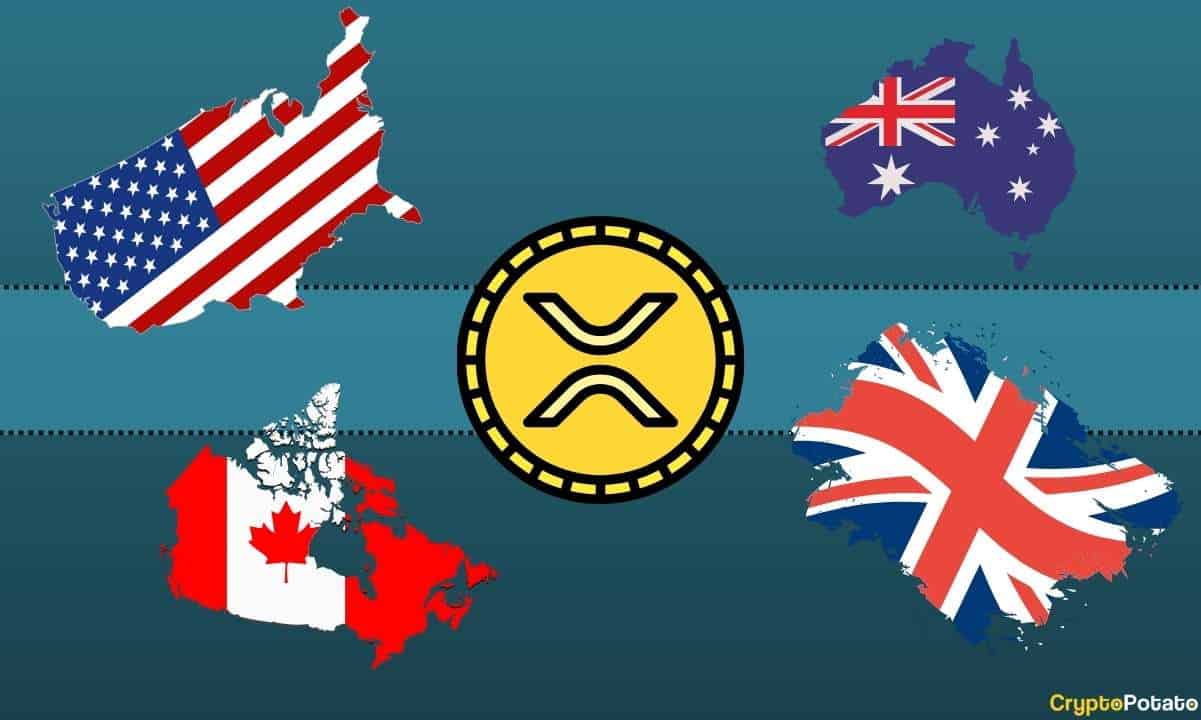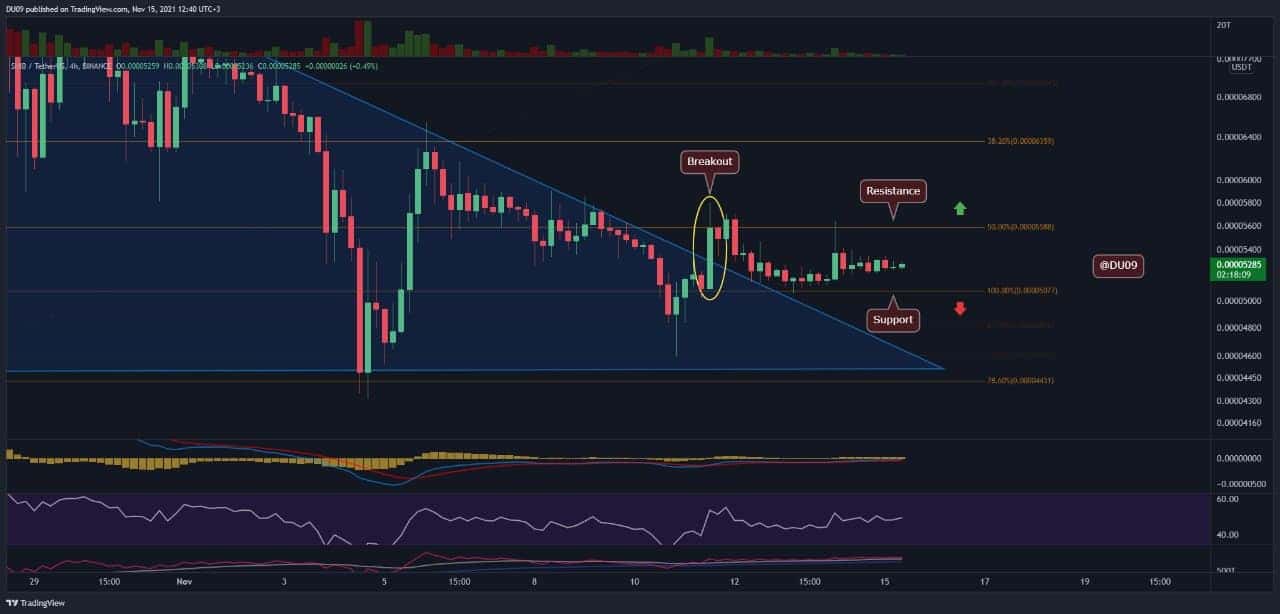Japan to Implement Stricter Rules on Stablecoins: Report
The Japanese government intends to put stablecoins under strict regulation as some authorities consider them a threat to the country’s financial stability. At the same time, the Bank of Japan aims to issue a digital yen that it sees as a safer alternative to private virtual currencies.
Japan’s Next Crypto Move
According to Reuters, three Japanese officials revealed that the country is looking to increase its efforts to regulate digital assets. Per the report, some local watchdogs believe that stablecoins – a form of cryptocurrency pegged to a fiat currency – could harm Japan’s financial ecosystem. One of the officials stated:
“Japan can no longer leave things unattended with global developments over digital currencies moving so rapidly.”
It is worth noting that last week Japan’s Financial Services Agency (FSA) created a division to supervise the regulation of digital currencies. Additionally, the Ministry of Finance contemplated increasing the personnel needed.
The possible strict regulation might come in favor of Japan’s central bank. The institution already started experimenting with issuing its own CBDC, considering it a better and safer alternative to private crypto assets. It launched a testing program to determine the technical feasibility of such a product.
The operation would consist of two phases as the first one is already live and should be completed by March 2022. At the time, Shinichi Uchida – Bank of Japan’s Executive Director – asserted, “we believe initiating experiments at this stage is a necessary step.”
China Is “Quite Worried” about Stablecoins
Recently, the People’s Bank of China expressed concerns that digital currencies, and more specifically stablecoins, could negatively impact the global financial system. The deputy governor of the institution – Fan Yifei – went further describing the assets as “speculation tools,” which have the potential to endanger the global financial and social security:
“Some commercial organizations’ so-called stablecoins, especially global stablecoins, may bring risks and challenges to the international monetary system, and payments and settlement system, etc.”
Regardless of the above, the PBoC is also developing its own central bank digital currency. Contrary to the decentralized nature of private virtual assets, the digital yuan would be fully controlled and distributed by the Chinese authorities.









